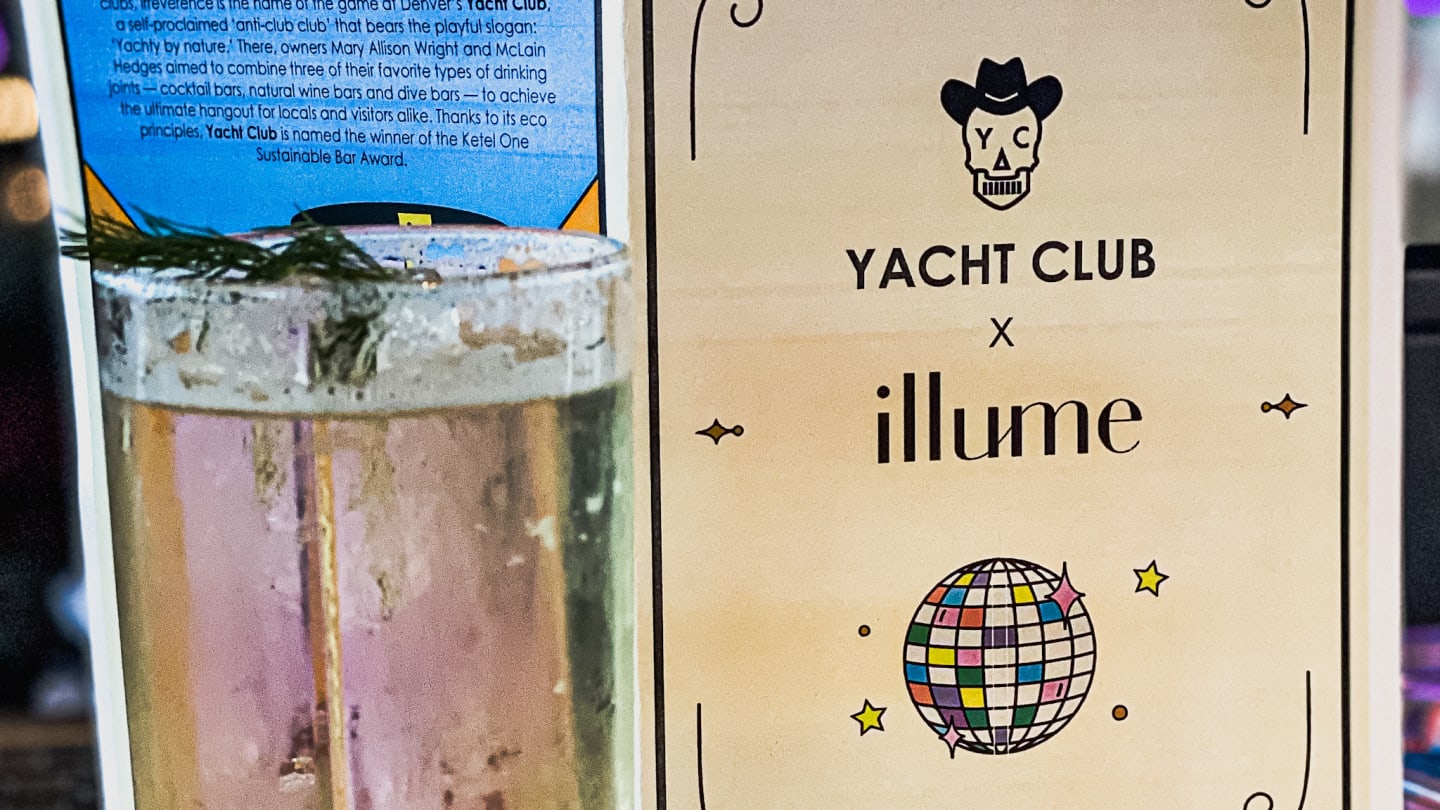Israeli Jews and Arabs unite and divide in the war between Israel and Hamas

According to a study published Thursday by the Pew Research Center, Israeli society became more united on religious and political issues during the war between Israel and Hamas, but has also become more divided on military and political issues since the war began.
The study shows how religious and non-religious Jews in Israel have united in times of war. It concludes that 18 percent of Israelis now believe there are strong conflicts between religious and non-religious people. Compared to the previous year, this number has fallen by 29 percent.
Unity versus division during the war
In addition, the political left and the political right have united during the war. The study found that only 24 percent of Israelis perceive strong conflicts between the left and right camps – a decrease of 32 percent from the previous year.
In turn, the study showed that public opinion in Israel has become more polarized, creating a divide between Arab and Jewish Israelis over differing views on institutions such as the Israel Defense Forces and on political issues.
While Jewish Israelis now have more trust in the national government to do the right thing for Israel, at 61 percent (compared to 53 percent previously), Arab Israelis have less trust in the government, at 23 percent (compared to 44 percent previously).
In addition, Israeli Jews believe that the military has a positive influence on development in Israel, while only 34 percent of Israeli Arabs think so. “This gap has grown significantly since we last asked the question in 2007, when 77 percent of Israeli Jews and 57 percent of Israeli Arabs said the military’s influence was positive,” the study showed.
As for the division of Israel as a whole, there remains great disagreement over whether the construction of Jewish settlements in the West Bank is beneficial or beneficial to Israel’s security. Forty percent of the population said the construction was beneficial, while 35 percent considered the settlements harmful.
Pessimistic about Israel’s future
In addition, the study found that 50 percent of Israelis have become more pessimistic about the functioning of their political system, while only 35 percent of Israelis described themselves as optimistic.
In 2019, Arabs and Jews were almost equally pessimistic about the political system. However, the study showed that 69% of Arabs have now become pessimistic, a figure that has increased from the previous 57%.
In contrast, Jews have become less pessimistic about the political system, now at 44 percent – a decrease from the previous 55 percent.
When it comes to the prospect of peaceful coexistence between Arabs and Jews, Israelis are more divided: equal numbers of people are optimistic (37%) and pessimistic (37%) about the division of the country.



